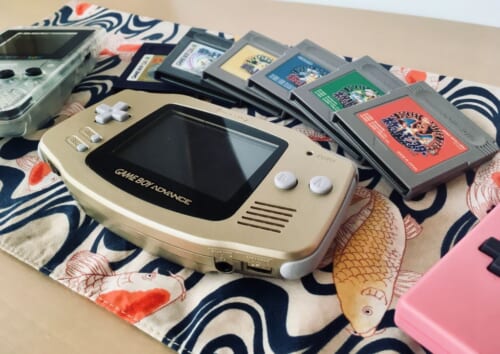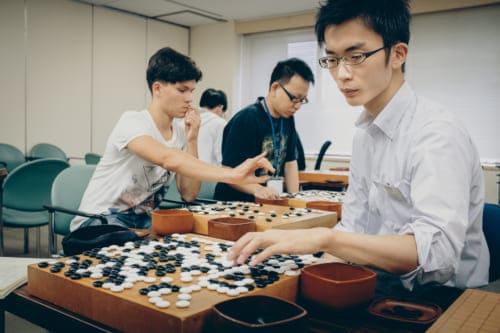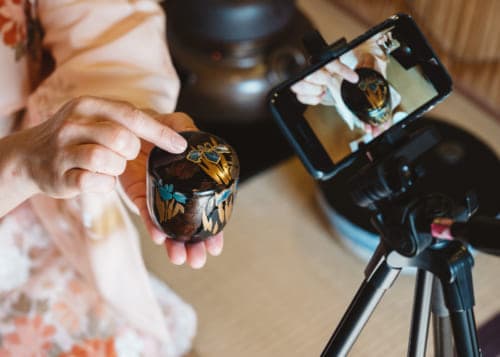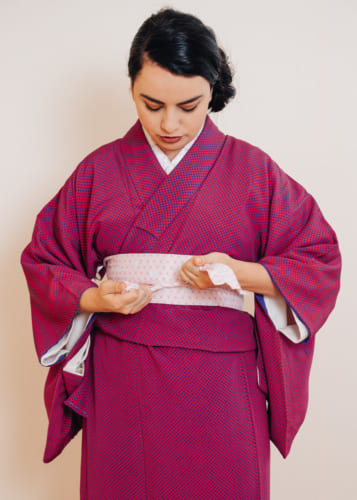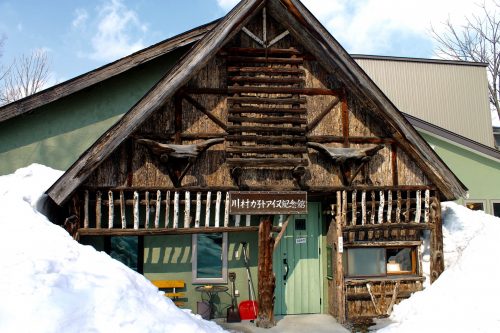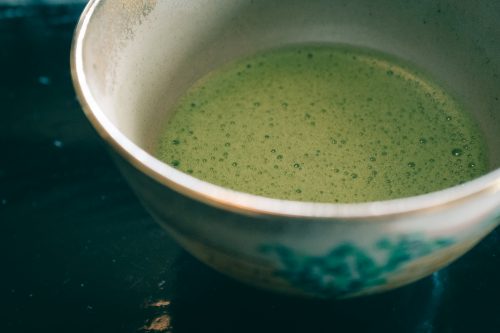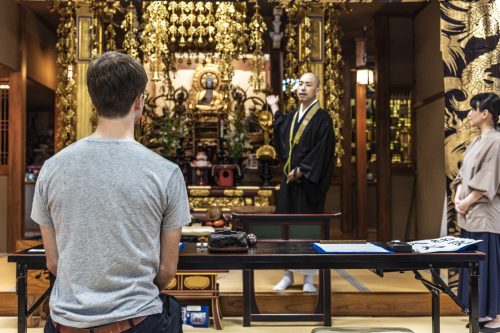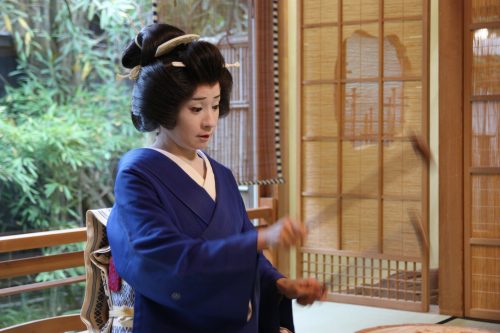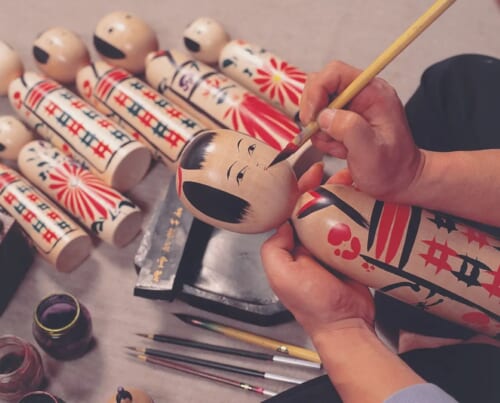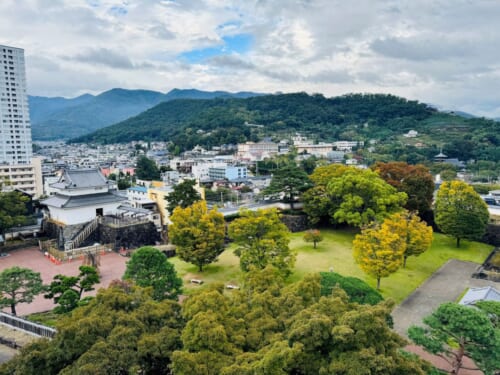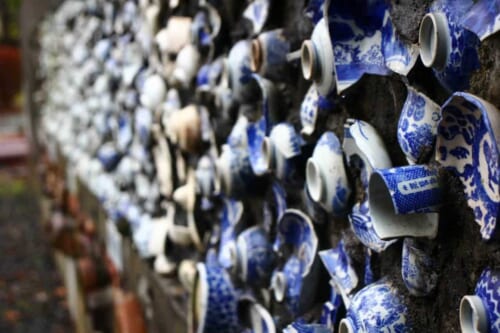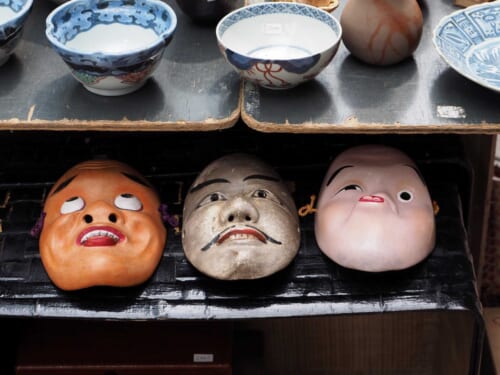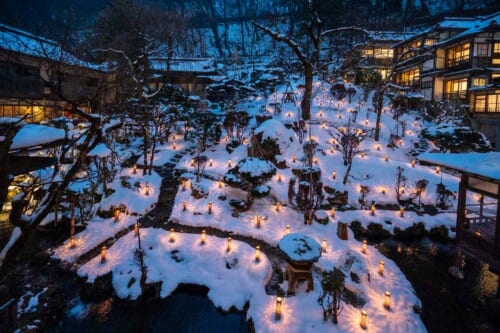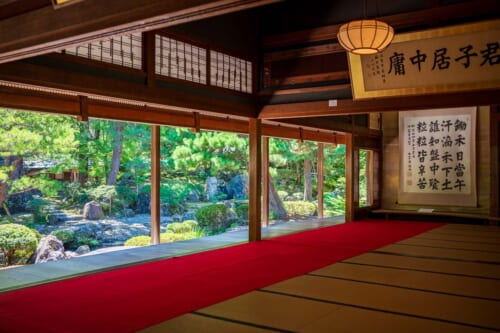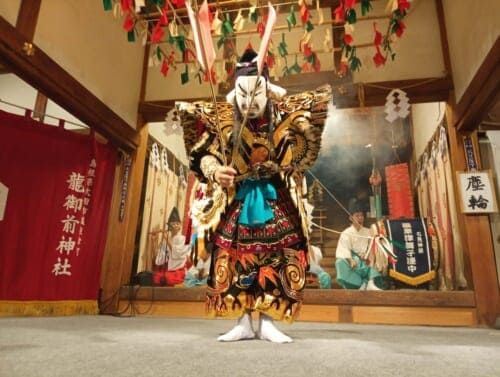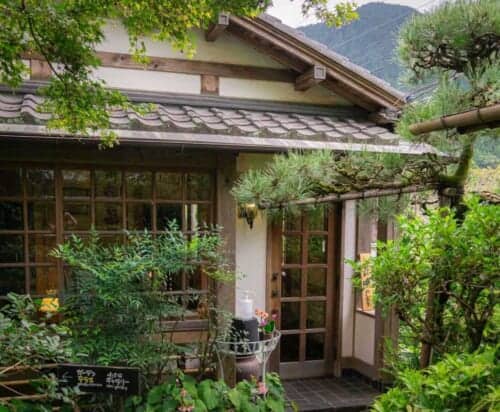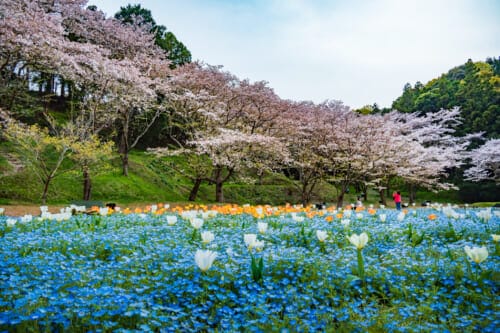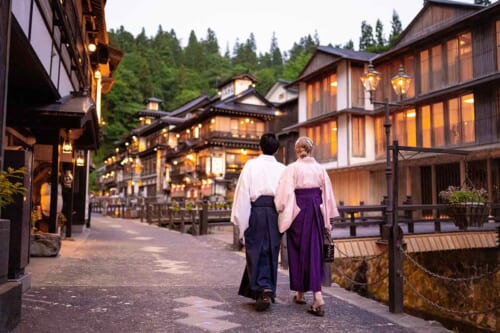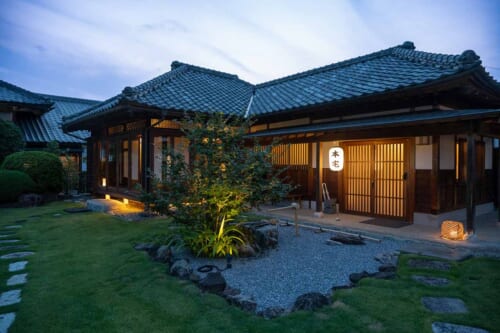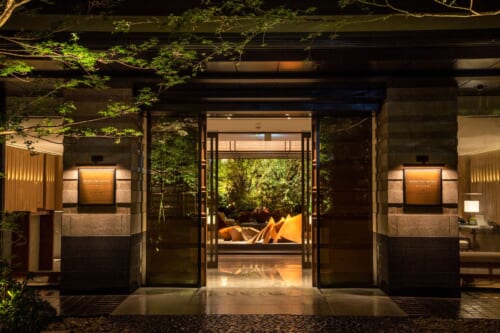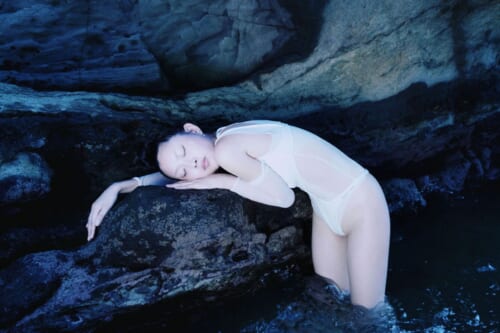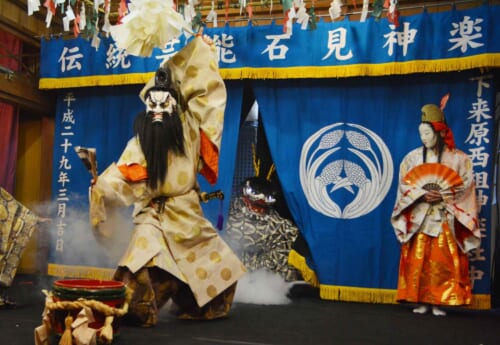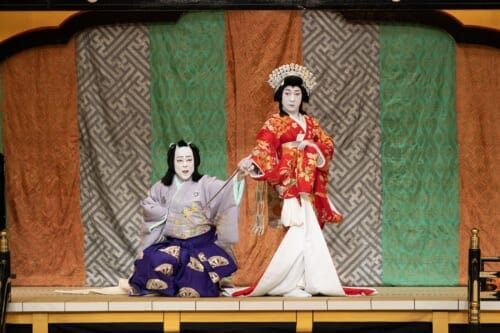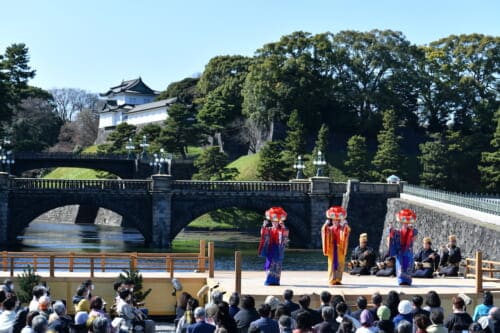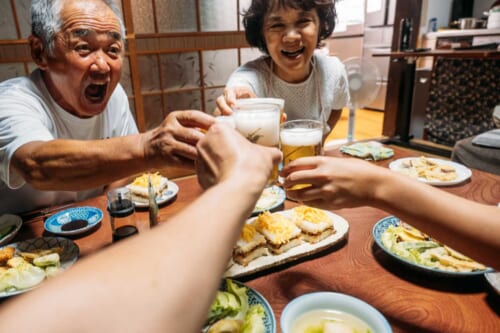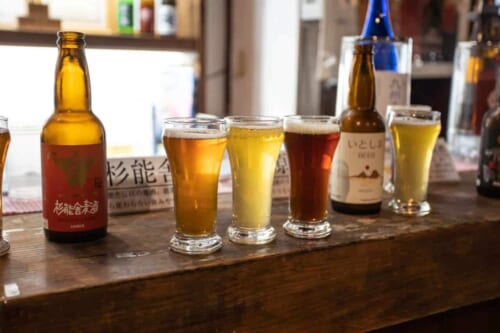As an ancient island nation, Japan enjoys a rich cultural heritage with unique characteristics, as well as culture that has been borrowed from neighboring countries and more recently, Western culture. With so many layers of history, exploring a single aspect of Japanese culture can take a lifetime to understand fully. Because Japanese people are generally open to sharing about their culture with the world, many visitors to Japan try to experience at least a few aspects of Japanese culture on their visit to Japan. Here are a few of the cultural experiences that interest visitors to Japan.
Featured Articles
Crafts
The world of crafts in Japan is so broad, it would be impossible to cover all the different types in this small section. The important things to know about Japanese crafts is that most traditional crafts are being carried on by artisans whose skills have been honed by the experience of generations of artisans before them. Becoming an artisan in a particular type of craft is often a lifetime commitment in Japan, which is why the quality of handcrafted Japanese goods is unparalleled. But most importantly for tourists to Japan, the Japanese are more than willing to let visitors get hands-on with craft making. This creates opportunities for unique experiences and sometimes even souvenirs that you can make for yourself.
Popular craftmaking experiences for tourists include making pottery, dyeing indigo fabric, making washi paper, and if you are really ambitious, making your own Japanese chef’s knife.
Onsen
Though many people are nervous about using a public onsen 温泉 hot springs bath for the first time in Japan, almost everyone who does can’t wait to do it again. There are so many places to relax in onsen around Japan, you could take an entire vacation just hopping from one bath to another. From famous onsen towns like Hakone where you can enjoy views of Mount Fuji to lesser-known places like Nyuto Onsen where you can soak outdoors surrounded by snow, there’s literally an onsen for everyone, even those who are too shy to share an onsen and prefer something more private.
Performing Arts
Many people are familiar with kabuki as a traditional Japanese performance, but in fact, Japan’s long history has spawned many beautiful performing arts from theatre, to dance and even comedy. Kagura is an ancient Japanese myth whose story is re-enacted at a centuries old shrine in Miyazaki Prefecture. Buyo, or nichibu, refers to traditional Japanese dance, often performed by a dancer wearing elaborate kimono. The Kamigata mai is the style of buyo associated with geisha, where dancers perform slow and graceful dances for small private audiences accompanied by music from the shamisen, a traditional Japanese stringed instrument.
Our Recent Articles


